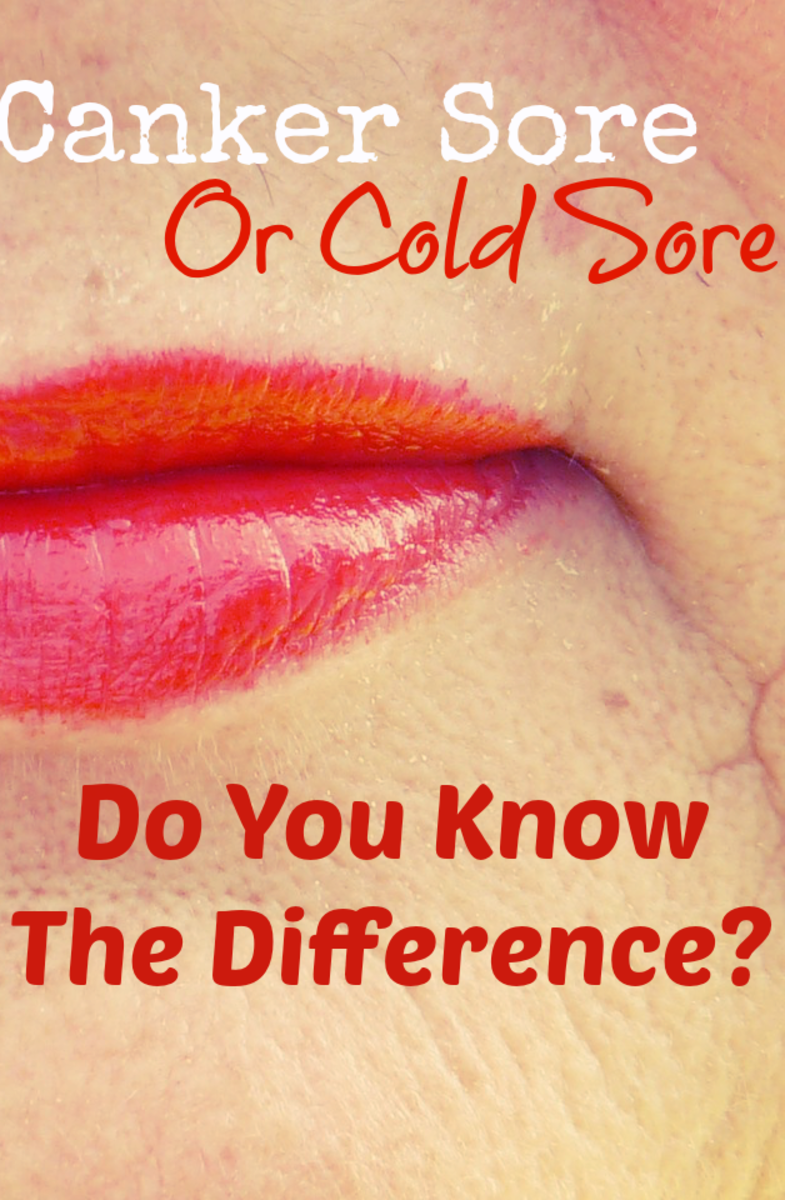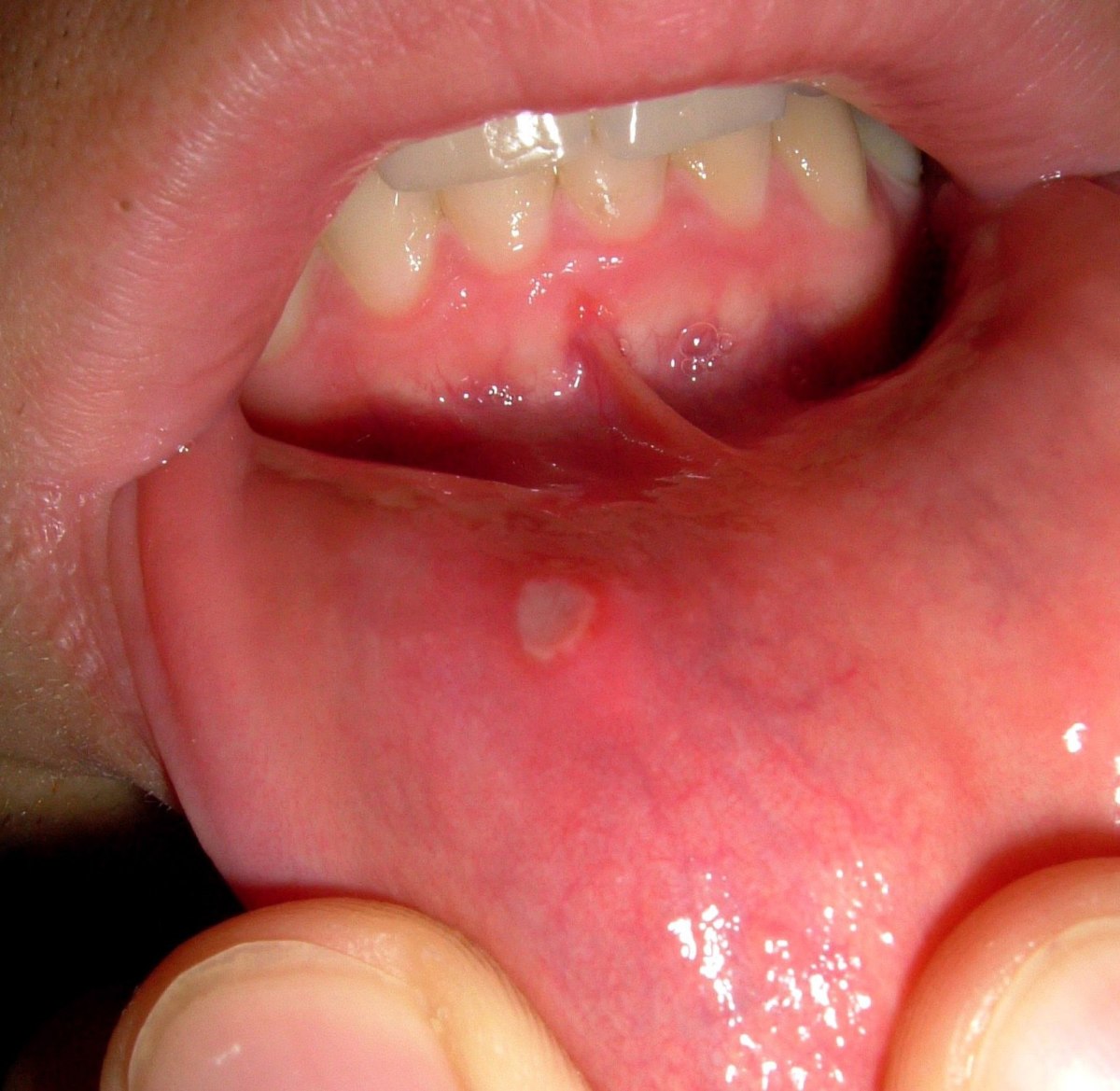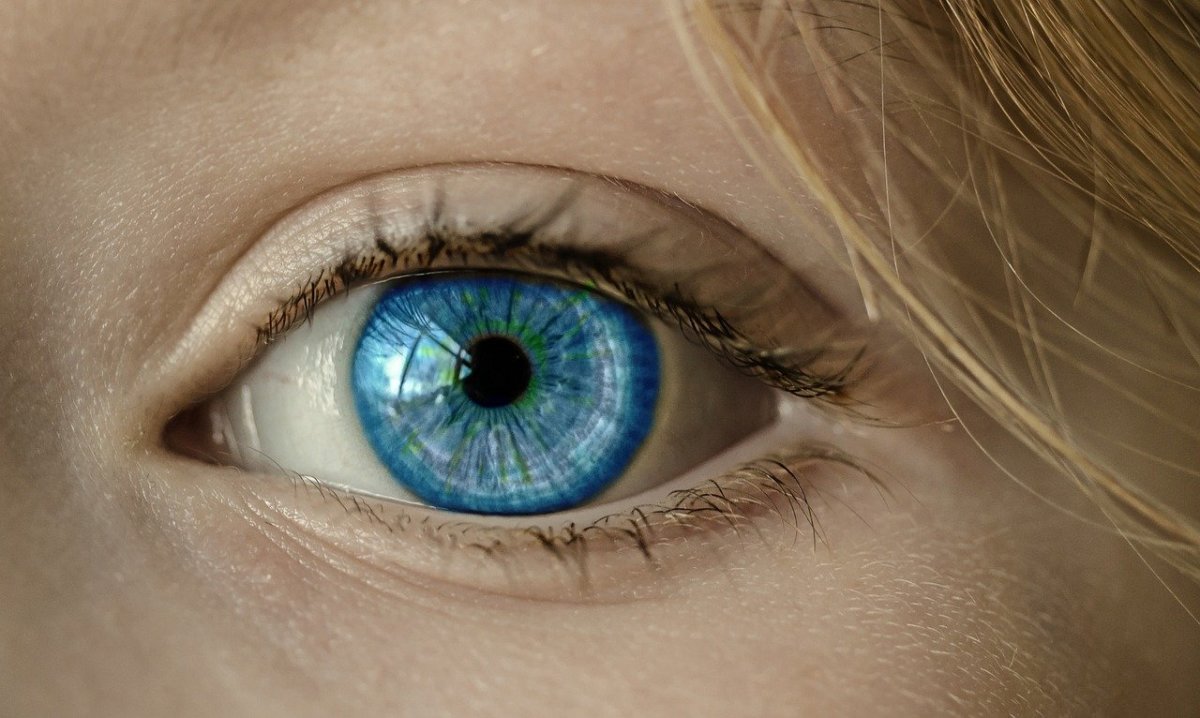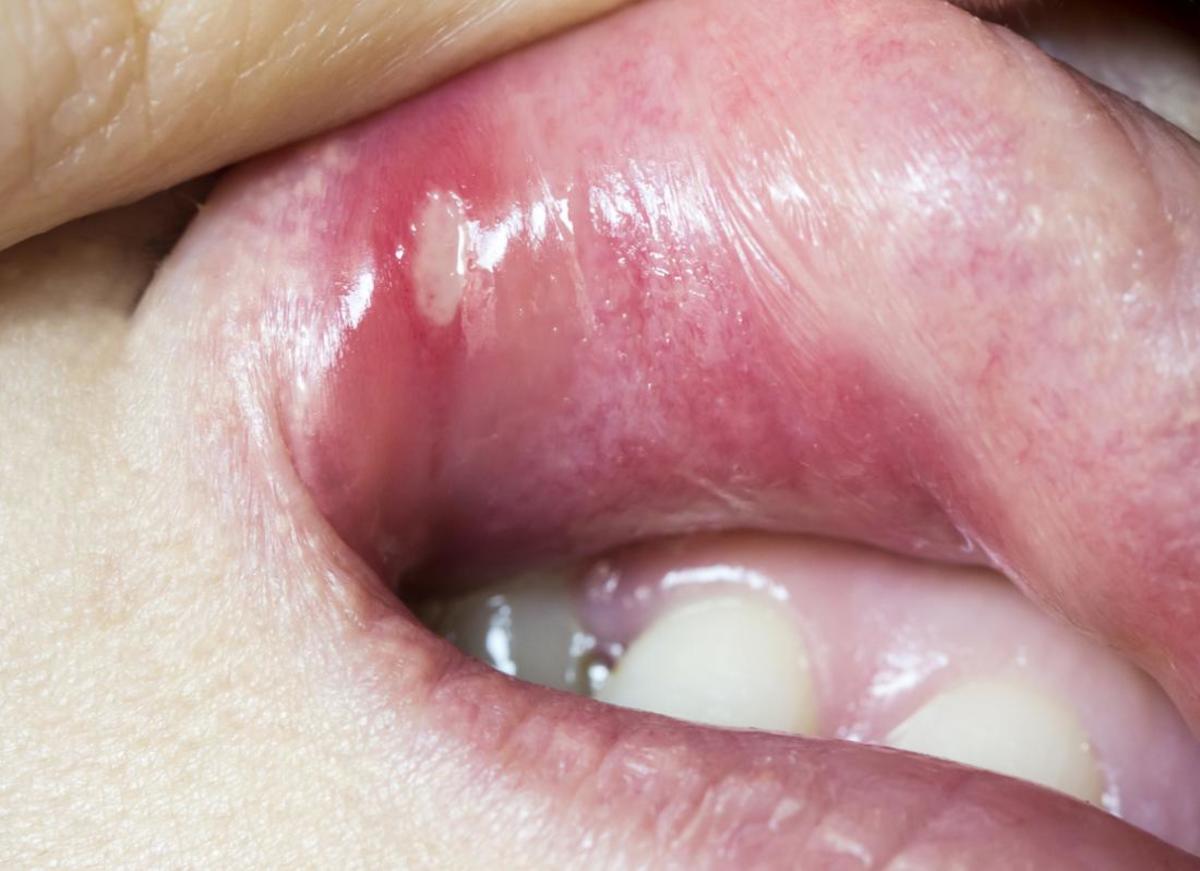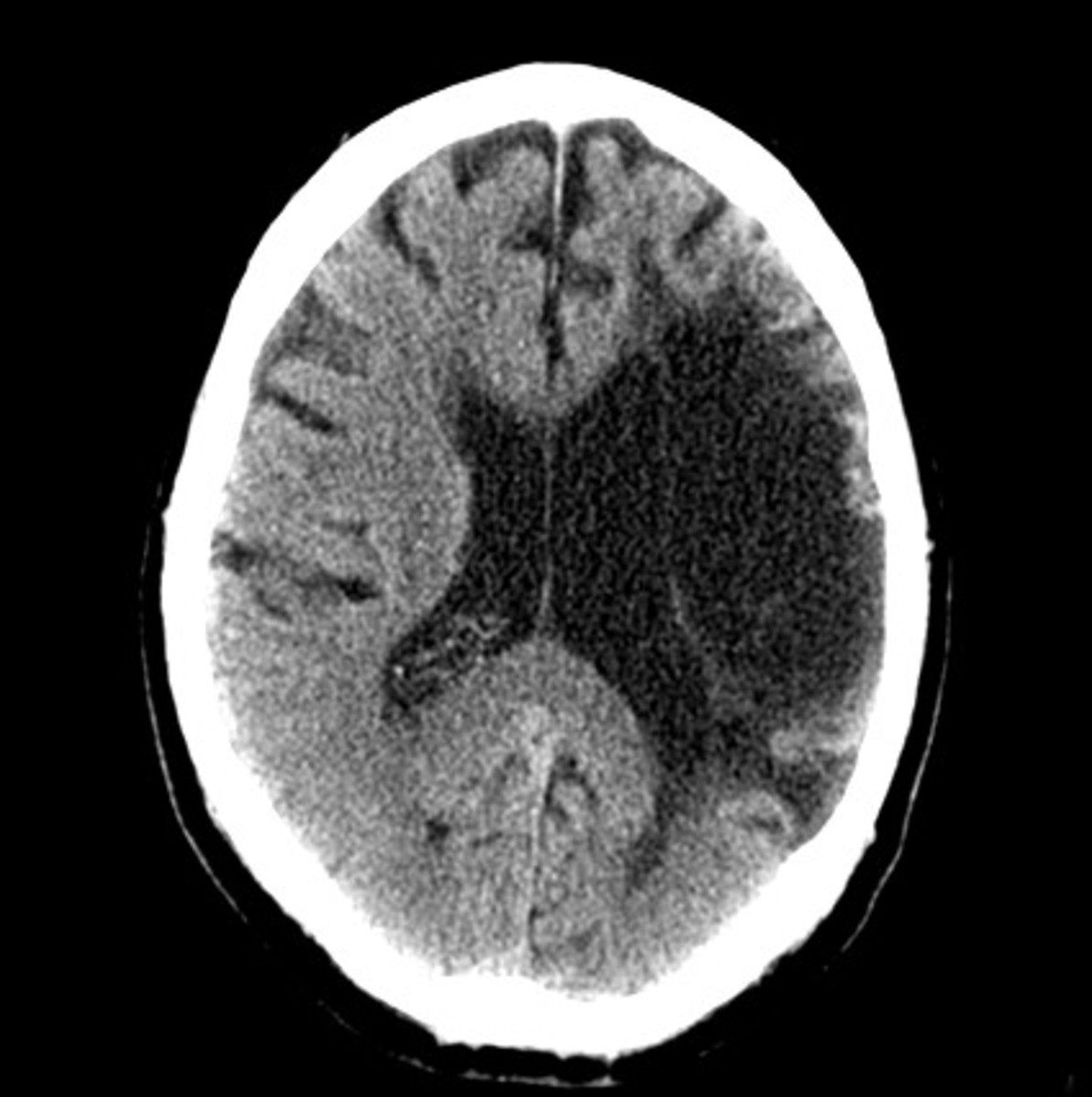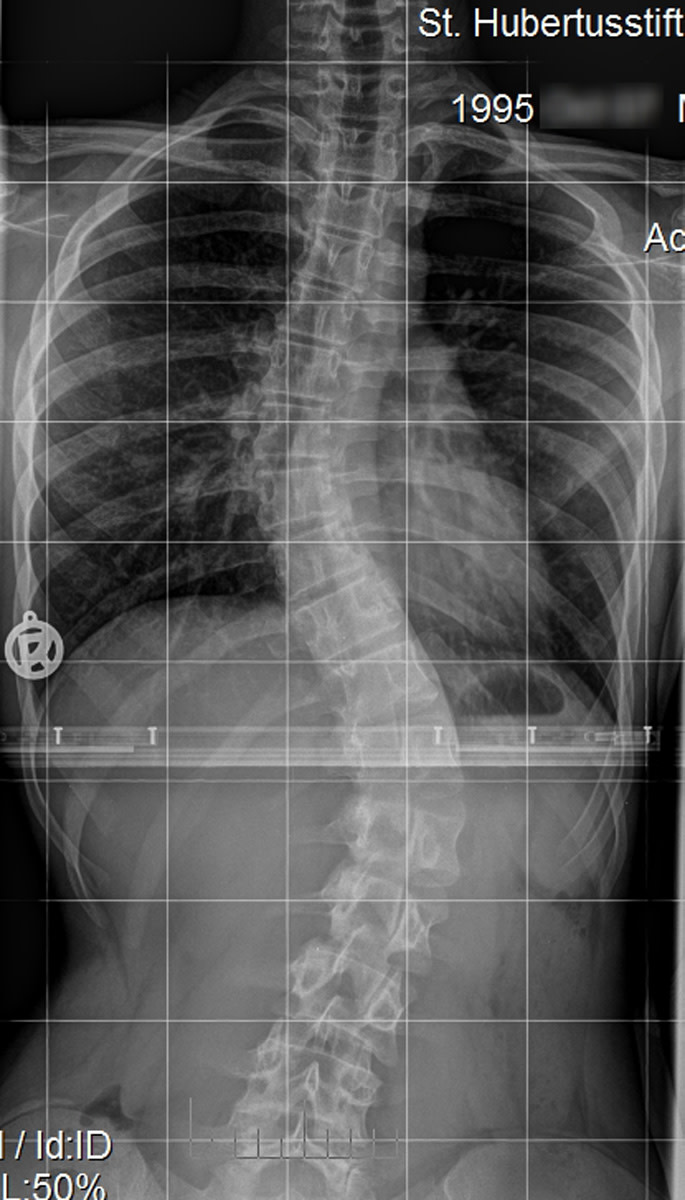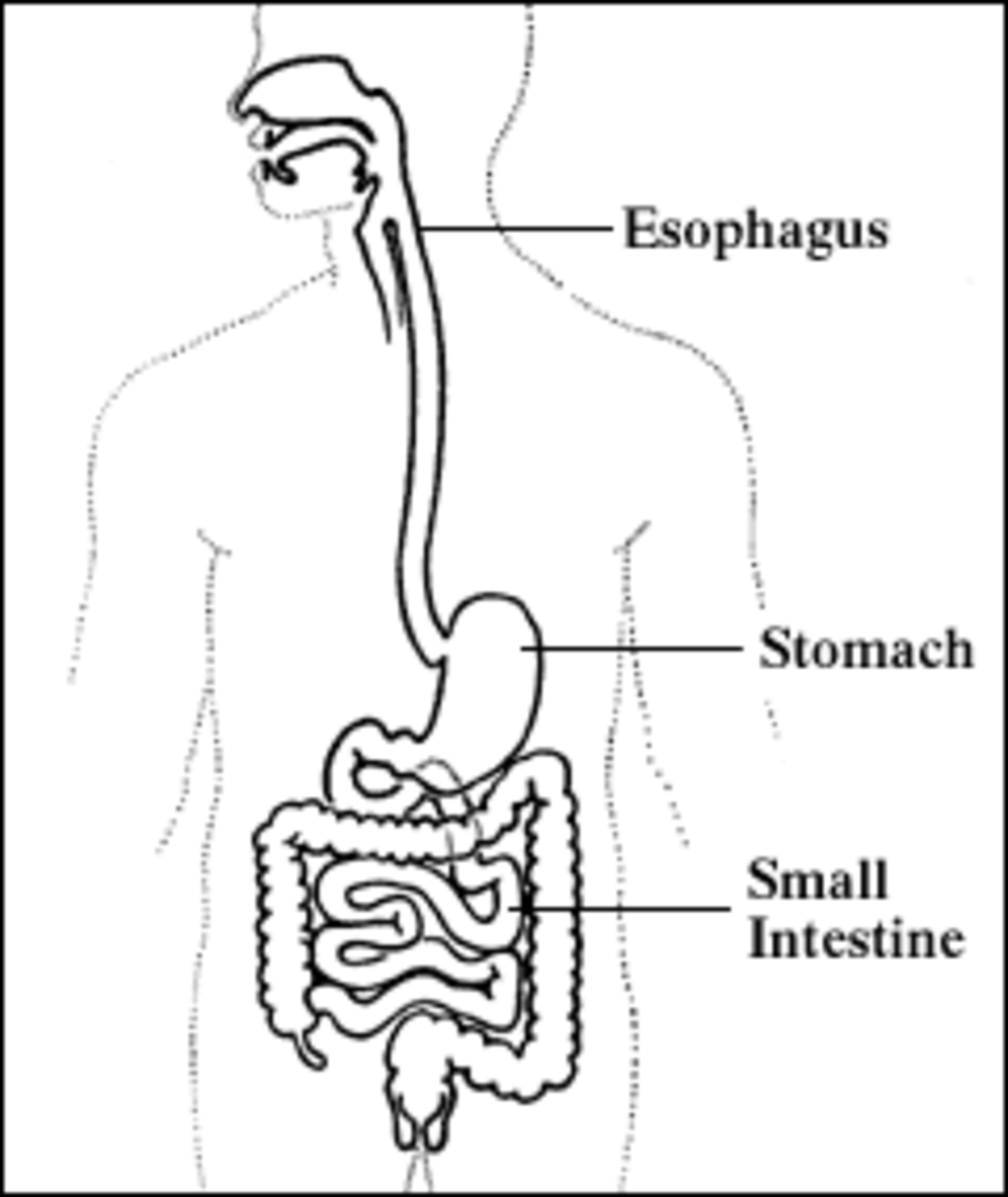Proven Ways to Eliminate Canker Sores Permanently
What are canker sores?
Canker sores, also called mouth ulcers or merely mouth sores by the vast majority of people, and aphthous ulcers or recurrent aphthous stomatitus by technical people, are little stinging crater-like sores that grow within the mouths of susceptible individuals. These mouth ulcers usually occur on the interior of the cheeks, although they can also occur other places inside the mouth on the spongy soft tissue. No one knows precisely what causes them, but there are a bunch of known triggers.
Many individuals get them over and over and other people rarely. It is estimated that 20% of the population gets canker sores. They are not thought to be contagious.
What's the difference between cold sores and canker sores?
The two are not the same. Cold sores, also known as fever blisters, are the result of the herpes simplex 1 virus and aren't linked to canker sores. Cold sores crop up on the outer surface of the mouth, generally the lips, whereas canker sores always occur inside the mouth. Cold sores are also bumps and canker sores have some minor swelling, but are typically recognized by the little depression they cause. Also, it is understood that canker sores are not caused by a virus.
What causes canker sores?
It's a mystery. There are numerous theories, but the truth is, no one really knows for sure. But there are some suspects that seem to encourage their appearance. Further adding to the confusion is the oddity that different things seem to produce canker sores in different people.
Some people believe that a microorganism is to blame for the development of mouth ulcers, but nothing has been found.
The Suspects
- Your Toothpaste - not from using toothpaste per se, but rather because of an ingredient in the majority of commercial toothpastes, by the name of sodium lauryl sulphate (SLS).
- Stress - people tend to sprout canker sores when they are deficient in sleep and women sometimes get them near menstruation.
- Acid - citrus fruits and cooked tomatoes in particular.
- Microorganisms - no particular type has been recognized as the origin.
- Allergic reaction - there are a number of common food allergens, including dairy, eggs, peanuts, tree nuts, fish, shellfish, soy, and wheat.
- Injury - from sharp foods such as various chips and pretzels, pointed edges on braces, or merely from biting your cheek or lip.
How to Get Rid of Canker Sores
Two basic approaches to stopping canker sores
- Treat the symptoms to lessen pain and help the sore heal.
- Treat the root cause by changing your daily life so they don't return.
I like the second one better, don't you? Plus, it complements the first one because when you stop doing some of the things that produce your sores in the first place, the sores will heal quicker. This makes sense, doesn't it? You want to treat the symptoms and the cause. If you only treat the symptoms, the little buggers will return again later.
Treating the Symptoms
If you're experiencing a mouth ulcer right now, there are some things available to ease the soreness and to make it disappear.
- Anesthetize it -There are numerous over-the-counter and prescription treatments available, like CankerAid, Anbesol and Oragel, which are designed to numb your mouth sore to take the sting away. Unfortunately these products tend to numb the surrounding tissue too and don't do anything to help these mouth ulcers heal.
- Torch it - Fighting fire with fire. Putting salt on a sore will hurt, although it does appear to help heal them. Some folks employ alcohol-based mouthwashes or peroxide with some success.
- Shield it - Still other preparations are designed to coat the sore (which isn't easy because of the moist, slippery nature of the mouth) to avert additional damage and to allow it to go away by itself.
A product called CankerMelts, which is designed specifically for mouth sores, covers them by means of a candy-like tablet that contains licorice root and sticks to the ulcers. It shields the sores from injury, dulls the pain and helps heal them.
Licorice root is a plant that research has shown to help heal canker sores. This type of licorice is not the same as the type used in candies, which is made with anise, not licorice root (at least in the US).
Treating the Root Cause(s)
- Toss your toothpaste - this step will most likely ameliorate the problem more than anything else on this list. The standard toothpaste you get in your local supermarket has sodium lauryl sulphate (SLS), a chemical that has been implicated in canker sore development. SLS is a compound found in shampoos and toothpastes that is used for its foam making ability. Regrettably, it also strips away a shielding film (called mucin) in the mouth when exposed to it repeatedly. Thankfully, there are a number of superior toothpastes without SLS that are widely available.
- Chill out - get more sleep, go for a walk, meditate, stop eating junk, etc. Lessen the stresses in your life and your canker sores will diminish.
- Avoid acidic foods - lemons, limes, oranges, grapefruit, cooked tomatoes, etc. are all acidic. The more you eat these, the more likely you'll get canker sores. Of course, you can eat them sometimes, just not on a regular basis.
- Stop eating - referring to the list of food allergens above, steer clear of these specific foods for a while and see if the sores fade away. After that, keep a detailed account of what you eat and re-introduce them one at a time to spot which one may be causative to your mouth sores.
- Kill 'em - Unhealthy bacteria, that is. Not a lot to do here besides maintaning a clean mouth by brushing regularly and not kissing the dog. A particularly interesting mouth sore treatment has to do with ingesting yogurt that includes beneficial bacteria. Some folks swish the yogurt around in their mouths before swallowing to influence the balance of good bacteria in the mouth. Ingesting yogurt also helps the intestinal tract in much the same way. Reducing the "bad" bacteria in your intestines has the extra advantage of lessening the strain on your body.
- Stop hurting yourself - steer clear of sharp-edged snacks like potato chips or hard snacks like pretzels and utilize wax to cover jagged edges on braces.

